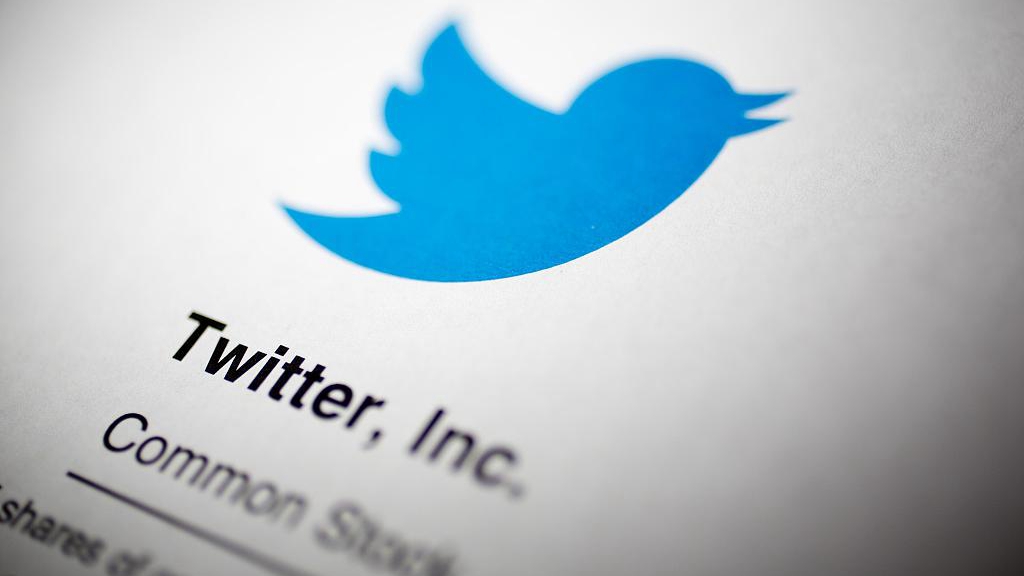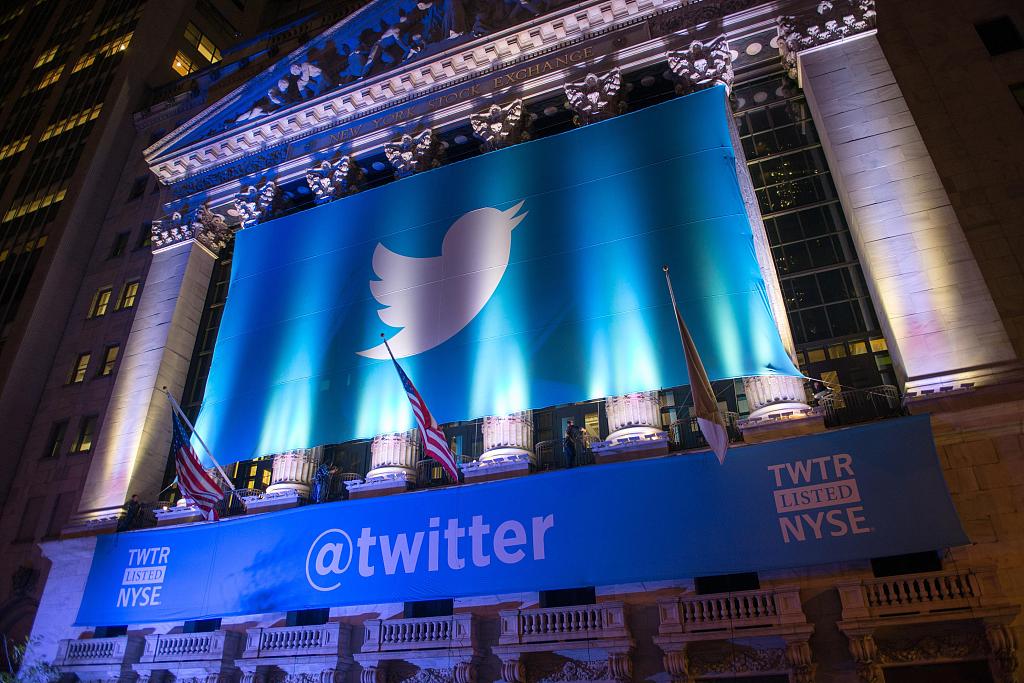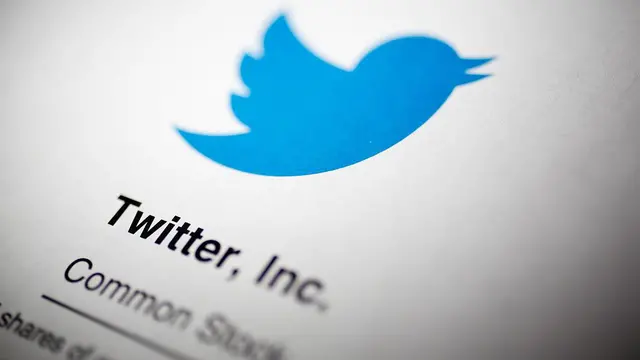
Editor's note: Andrew Korybko is a Moscow-based American political analyst. The article reflects the author's opinion and not necessarily the views of CGTN.
Twitter removed more than 170,000 accounts on June 12 that it claimed were spreading pro-Chinese "disinformation." The handles in question were reportedly mostly tweeting in Chinese and "spreading geopolitical narratives favorable to the Communist Party of China (CCP)," including about Hong Kong.
Reuters quoted Chinese Foreign Ministry spokeswoman Hua Chunying as saying on the same day that "Twitter should shut down accounts that smear China if it wants to fight disinformation" since China is its biggest victim.
I wrote an article similar in spirit to her claims last week about how "
Right-wing bots push anti-Chinese COVID-19 conspiracies
," which cited The Guardian
's piece about a relevant report on this topic from the Australia Institute's Center for Responsible Technology which discovered that accounts supportive of Trump and QAnon had been spreading conspiracy theories alleging that China is responsible for COVID-19. To the best of my knowledge, those accounts have yet to be removed from the platform.
Twitter's disinformation double standards towards the pro-Chinese accounts that it alleges are engaged in this activity and the anti-Chinese ones which the previously mentioned independent researchers confirmed beyond any credible doubt were actually doing this is proof that the company is waging information warfare. It should either have a free-for-all policy of allowing anyone to share anything on its platform or consistently implement the same policy of removing all accounts that are accused of spreading disinformation.
By not doing so, Twitter is tacitly supporting anti-Chinese disinformation activity by right-wing bots. This makes it a de facto instrument of information warfare against the country, which vindicates the authorities' decision to block access to it on the mainland.

A banner with the Twitter Inc. logo hangs outside the New York Stock Exchange (NYSE) in New York, the U.S., November 6, 2013. /VCG
Company founder Jack Dorsey is openly critical of Trump and Twitter has been officially accused by the President of censoring one of his tweets, but that doesn't mean that they're against his government's policy of hostility towards China. In fact, they're arguably willing accomplices to it.
Twitter's double standard of removing the pro-Chinese accounts that it claimed were spreading disinformation while refusing to act upon the anti-Chinese ones that were proven to be doing the same can only be explained by its desire to ingratiate itself with the American security services. It can only be speculated what its intent in doing so may be, but one reasonable motivation might be that it wants them on their side so that they can support the company against Trump's campaign to crack down on it for their alleged censorship of his account.
Whatever is influencing Twitter's hypocritical policy in this respect, it's nevertheless extremely concerning that a private tech company is waging information warfare against a foreign country with which the U.S. is officially at peace. It's difficult to believe that its actions aren't at the very least passively supported by the U.S. government otherwise the state would have presumably censured it for such activities. Its failure to do so strongly suggests tacit endorsement of what Twitter's actions.
There's been a trend in international relations over the past few decades for states to formally or informally cooperate with non-state actors in pursuit of shared interests abroad in parallel with some of these same non-state actors practicing state-like activity.
For instance, the U.S. government controversially contracts some security responsibilities to private military companies, just like Twitter is nowadays assuming the role that was traditionally held by state actors in waging information warfare against China through its double standards.
Trump should make his position on this topic publicly known by clarifying whether he's in support of his tech nemesis advancing his government's strategic goals against China despite it allegedly censoring his account. If so, then the public deserves to know the U.S.' stance towards the broader issue of non-state actors carrying out state-like activities such as information warfare and whether that should necessitate some level of government oversight and/or regulation. It should also be investigated whether Twitter is being paid for these "services."
(Cover image: The Twitter Inc. logo is displayed on the company's preliminary prospectus in Washington, D.C., the U.S., October 28, 2013. /VCG)
(If you want to contribute and have specific expertise, please contact us at [email protected].)
 简体中文
简体中文

